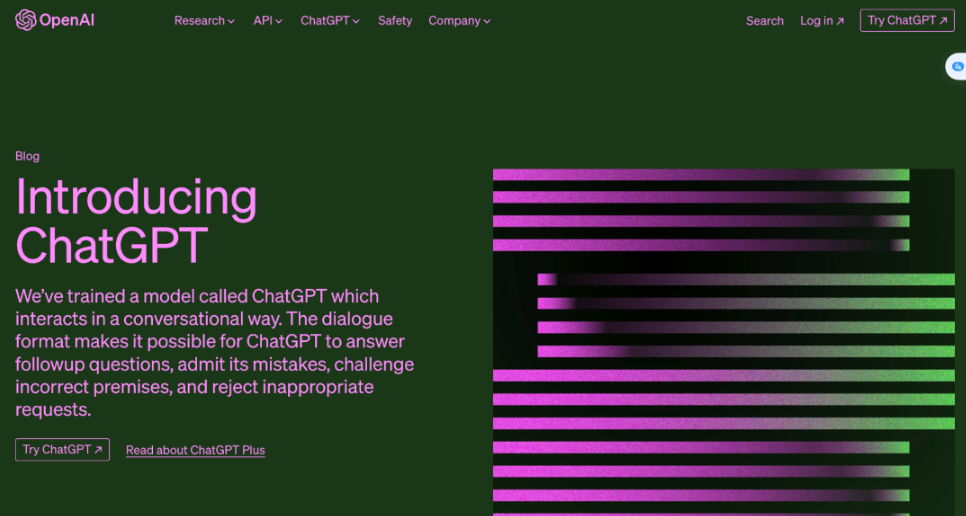Integration with Smart Building Systems The future of janitorial AI looks particularly bright when considering their integration into smart building systems. As buildings become more connected, janitorial AIs will not just be standalone units but integral parts of the building’s overall operations. These systems will communicate seamlessly with other IoT devices to optimize energy use, improve maintenance, and even enhance security. For instance, janitorial robots could be programmed to clean at optimal times based on building occupancy sensors, reducing energy consumption during peak hours by up to 30%.
Advanced Collaboration Tools Looking ahead, janitorial AIs will likely feature more sophisticated tools for collaboration not only with other machines but with human workers as well. The development of interfaces that allow for easier human-to-machine communication will enable cleaning staff to direct robots more effectively, enhancing teamwork. This collaboration could extend to remote operation capabilities, where janitorial AIs can be monitored and controlled via smartphones or other devices, allowing for real-time adjustments.
Increased Cognitive Capabilities Future developments in AI technology will equip janitorial robots with enhanced cognitive capabilities. This means they’ll not only perform cleaning tasks but also predict when and where their services will be most needed. By analyzing data over time, these robots could autonomously determine high-traffic areas that need more frequent cleaning, or suggest changes to cleaning schedules based on upcoming building events or weather conditions.
Ethical AI Development As these technologies evolve, so does the need for a strong ethical framework governing their deployment. Future iterations of janitorial AI will need to adhere to strict ethical guidelines that protect privacy, ensure safety, and promote transparency. This ethical approach will help integrate janitorial AIs more smoothly into human environments, ensuring they are seen as helpful assistants rather than intrusive machines.

Personalization and Learning With advancements in machine learning, janitorial AIs will become increasingly personalized to the environments in which they operate. They will learn from each interaction, becoming more efficient and effective at meeting the specific cleaning needs of each facility. This capability will transform how buildings are maintained, offering a bespoke cleaning service that adjusts to the unique characteristics of each space.
Discover More To see how janitorial AI is set to transform the cleaning industry, visit janitor ai character. Here you can explore current innovations and future possibilities for these advanced machines.
A Connected and Efficient Future The trajectory for janitorial AIs points towards greater integration, smarter collaboration, and more profound learning capabilities. As these machines become more embedded in our daily lives, they will play a crucial role in not only keeping our spaces clean but also making them more intelligent and responsive to our needs. The future of janitorial AI is not just about cleaning—it’s about creating environments that are as dynamic and adaptable as the people who use them.